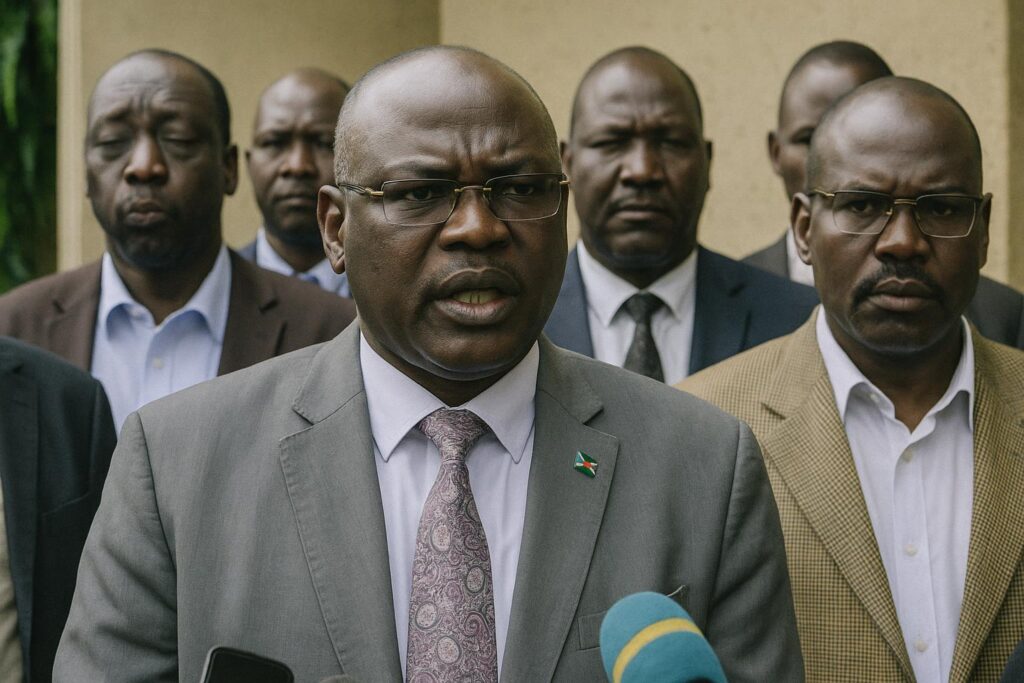South Sudan THRIVE Resilience Drive
In Juba this week, policymakers and aid leaders gathered around colourful stalls and data dashboards to examine THRIVE, a four-year consortium led by GOAL with Mercy Corps and VSF Suisse. The project reaches eight counties across the Greater Upper Nile, an area repeatedly battered by floods and violence.
Organisers estimate that 120,000 households will benefit from livelihood grants, climate-smart farming, and market services designed to keep food and income streams flowing even when roads wash away or conflicts disrupt trade.
Integrating Livelihoods and Climate Adaptation
THRIVE trainers introduce drought-tolerant seeds, solar irrigation pumps, and savings groups in villages such as Nasir and Akobo. Each tool, they argue, lets families produce more during short rains while pooling cash for emergencies.
Mercy Corps agriculture officer Mary Nyok explains, “When the river rises, people do not lose everything; they can replant quickly and still sell surplus.” Her remarks echo program surveys showing crop diversity rising by 18 percent since 2022.
Market Development for Lasting Recovery
Local entrepreneurs receive grants to reopen mills, vet drug shops, and boat transport links between Fashoda and Malakal. By reducing travel time, traders say maize prices have already dropped ten percent in Rubkona’s market corridors.
Silvester Nyangan, THRIVE Project Director, argues that functioning markets turn resilience from concept to cash. “If youth can sell tomatoes at fair prices, they will reinvest locally instead of leaving,” he told the gathering.
Government Backing Strengthens Momentum
National Minister of Humanitarian Affairs Albino Akol Atak Marial praised the consortium for addressing root causes rather than symptoms. He cited its inclusive approach toward women and youth as aligning with the administration’s broader stability agenda.
Government officials confirmed plans to integrate THRIVE’s village savings curricula into county development plans, suggesting future state funding could sustain activities after donor cycles end in 2026.
Community Voices Point to Early Wins
Rose Gatwech, a mother of four in Bentiu, recounted doubling her fish catch after loaning a new net through the programme’s revolving fund. “I now sell in the morning and keep afternoon harvest for my children,” she said, smiling beside her display.
Youth leader Simon Chol added that vocational training in carpentry had already produced desks for two local schools, proof, he said, that “resilience can be measured in classrooms, not only in fields”.
Looking Ahead for Greater Upper Nile
With the next rainy season approaching, partners are stockpiling seed kits and updating flood mapping. GOAL’s Country Director Phyllis Jepkorir insists that the true test will be how many households can stay and thrive rather than flee when waters rise again.


